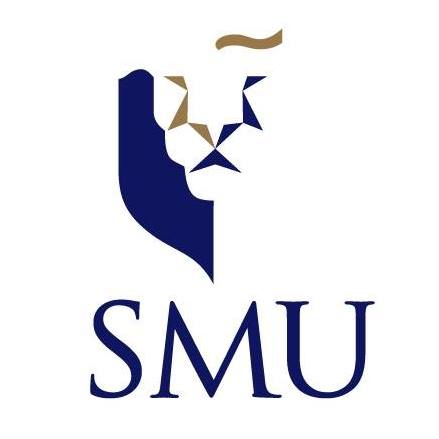This module focuses on the development of a holistic talent management strategy that includes, talent review, succession planning, and talent development.

This module focuses on the development of a holistic talent management strategy that includes, talent review, succession planning, and talent development.
With stiff competition for talent and increasing emphasis on productivity, KPIs and ROIs, HR practitioners must have a well thought out strategy that will allow them to put in place the right structure, system and processes, to deliver, capture and track manpower value for their company.
Through actual case studies on talent management practices in companies, participants will have a better understanding of the application of these talent management concepts in companies.
Participants will be exposed to real industry practices in identifying talent risks from an employee database, followed by the development of an appropriate succession plan plus the identification of any necessary talent development plans.
The combined approach of actual case studies and hands-on practice is to provide course participants with a realistic view of what talent management is like in practice and enable them to apply what they have learnt back at the workplace.
By the end of this 2-day module, participants will be able to:
demonstrate understanding of talent management and succession planning concepts and the activities and tools involved.
understand how companies approach TM and SSP in reality and challenges faced by HR practitioners.
adopt a process to develop a talent management strategy.
analyse employee data to identify talent risks.
develop a workable succession plan.
put in place implementable talent development plans.
Who should Attend
Talent Definition and its Influence on Organisation Decisions
Talent Management Eco-system
Process for Developing a Talent Management Strategy
Implementing Talent Management – the Realities
Succession planning and its Traditional Focus
Managing a Succession Planning Process
Practical Issues in Succession Planning
Pre-requisites
Participants should:
have a degree from a recognised university; and
have minimum 2 years of working experience in HR/OD related roles; and
currently a HR/OD practitioner in a private or public sector organisation
Established in 2017, SMU Academy is the professional training arm of the Singapore Management University (SMU) and aims to grow the University’s impact, broaden its reach, and cultivate positive change through innovative continuing education offerings.
The Academy aspires to always be at the forefront of building capabilities and continuing professional development for an effective, innovative and responsive workforce in this ever-changing economy.
In partnership with the Government, leading businesses and the wider community, SMU Academy offers a comprehensive array of cutting-edge interdisciplinary programmes to support Singapore’s lifelong learning imperative, help organisations meet their reskilling goals, and equip individuals with the skills and competencies to develop a competitive advantage.
With over 800 quality programmes to choose from, our participants are empowered to thrive in the future of work through a practice-oriented, experiential, and interactive approach that integrates academic depth, real-world business cases and interdisciplinary learning.
Our Vision
To be Singapore's dominant provider of continuing education, and the premier provider in the region
Our Mission
To equip and empower Singapore's workforce with the competencies and career resilience required for this era of disruption
Our Values
Integrity, Accountability, Respect, Teamwork, Courage, Authenticity, Excellence
© 2025 coursetakers.com All Rights Reserved. Terms and Conditions of use | Privacy Policy